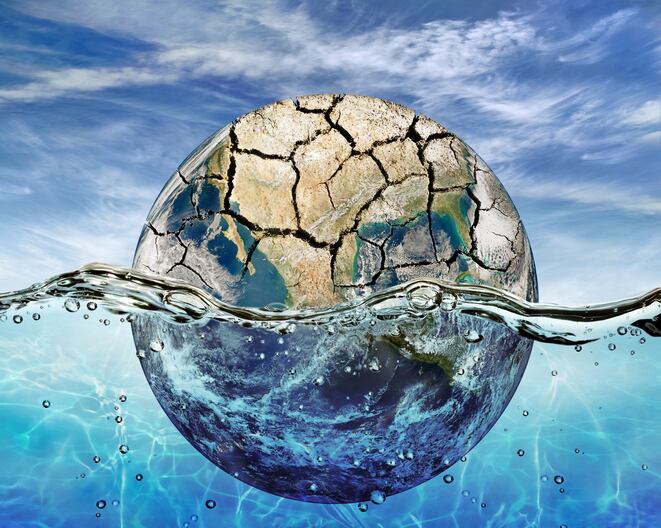Non-profit environmental disclosure platform CDP (formerly known as the Carbon Disclosure Project) publishes the report to generate greater awareness among corporates about sustainable water usage.
A water-secure world is possible, CDP said, but to make this a reality, the resource must be recognised as a fundamental and strategic asset at the highest levels of corporate and city governance, the NGO said.
While there is still a vast amount of progress to be made, the 2017 publication, A Turning Tide: Tracking corporate action on water, found a 193% increase in the number of companies making the A list.
In total 2,025 companies responded to CDP’s call for data, up from 1,432 last year. Together these firms represent nearly $20 trillion (€17.3tn) in market capitalisation.
CDP tracks companies’ progress by assessing how they fare at six parameters: transparency, governance, measuring and monitoring, risk assessment, targets and goals and supply chain engagement.
Increased investment

It praised a number of companies for beginning to invest money and time and effort into addressing the risks they face.
French dairy giant Danone got a mention for a $59 million (€51m) investment in projects aimed at securing sustainable access to key raw materials, such as milk in the Sub-Sahara and fruit in China. The projects focus on sustainable agriculture and farmer empowerment, said CDP.
CDP also pointed out German flavour and fragrance supplier Symrise’s decision to invest in the technology needed to up production of synthetic menthol – as opposed to water-intensive natural mint oils.
“By meeting the future demand for menthol with synthetic counterparts instead of water-intensive natural mints, Symrise reduces its indirect water footprint and impact on groundwater resources,” it said.
It also praised Chile’s Concha y Toro, the largest wine producer in Latin America, for committing to protect and conserve 10% of its some 3,200 hectares of native forest in Chile.
Companies are beginning to wake up to the real value of water, the NGO said.
This has been prompted by the realisation that high water costs can significantly impart the bottom line. The Kellogg Company has seen the cost of water at several Mexican factories rise by 300% since 2012.
“This directly impacted our operating costs in these locations," Kellogg said. "These plants are expected to reduce water consumption through employee engagement, asset care programs and capital projects.”
Meanwhile, South Africa’s largest food company Tiger Brands said it is reconsidering strategic opportunities as a direct result of rising water prices.
Internal monitoring
A small group of 53 companies (7%) are taking steps to establish internal values around water, so that the social and environmental costs and benefits are taken into account when pricing and decision making.
Nestlé, for instance, gives water a theoretical price ranging from around US$1 to US$5 per m3, depending on a factory’s physical risk score, generated by the Nestlé Combined Water Stress Index.
Beverage giant Diageo uses an internal total cost of water tool, which estimates the full cost of water at a given factory. The tool means each factory can anticipate and plan for price or tariff increases and supports the company’s overall goal to improve water use efficiency by 50% by 2020, it says.
According to CDP, the energy sector continues to drag its feet on transparency. Out of the 138 energy companies asked to disclose water data, 101 refused to, with Exxon Mobil and Royal Dutch Shell persistently failing to reveal water data to investors.
